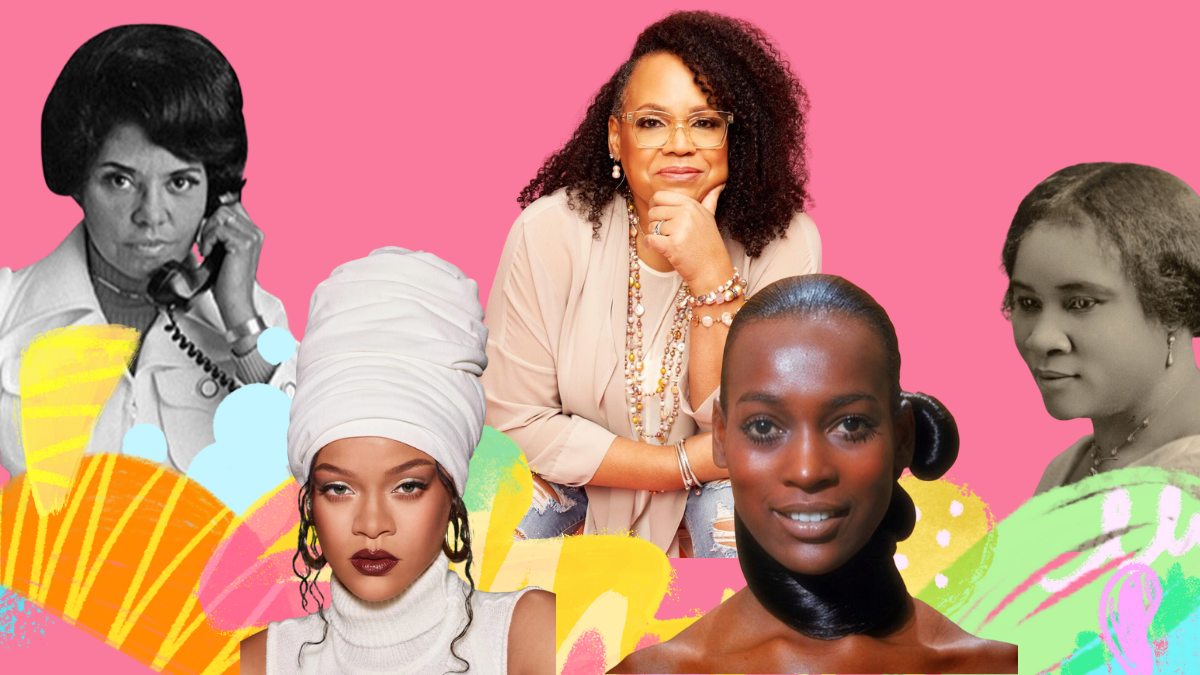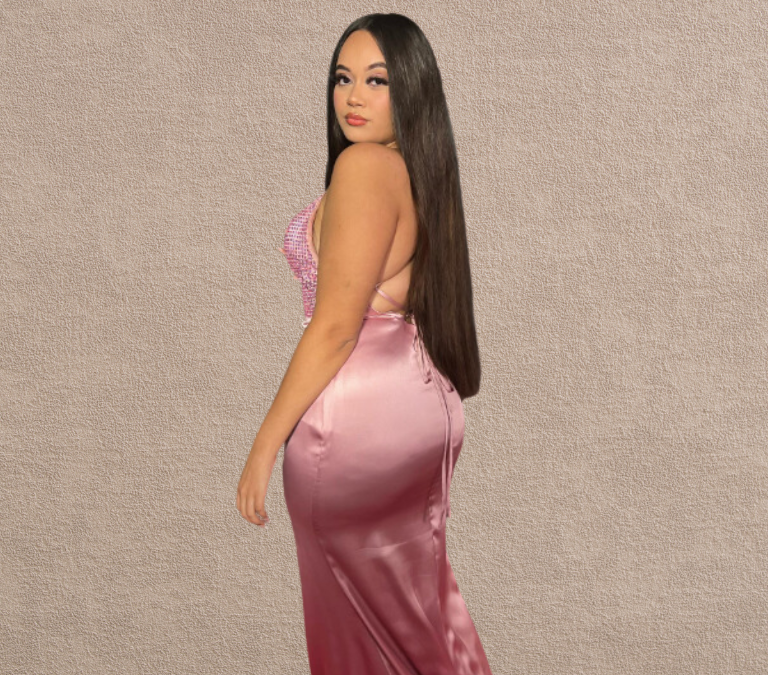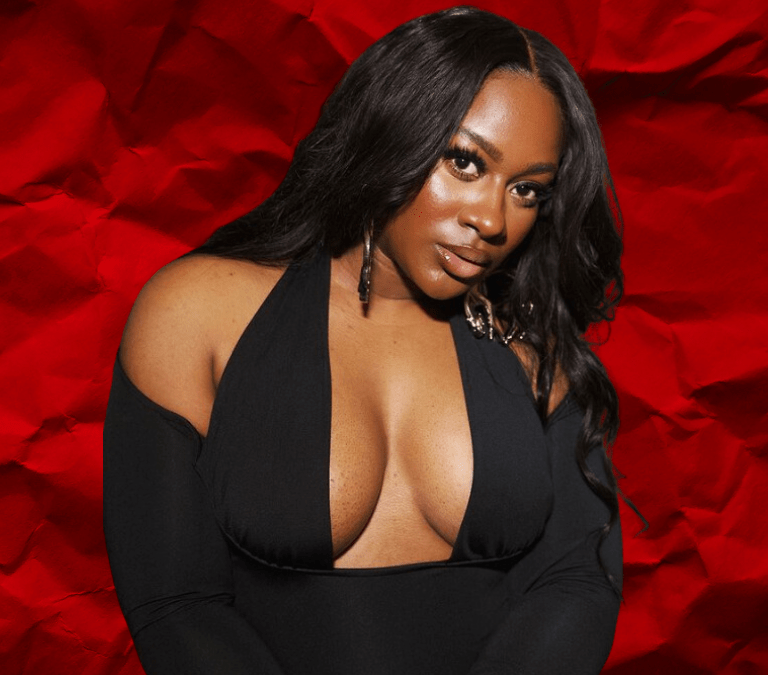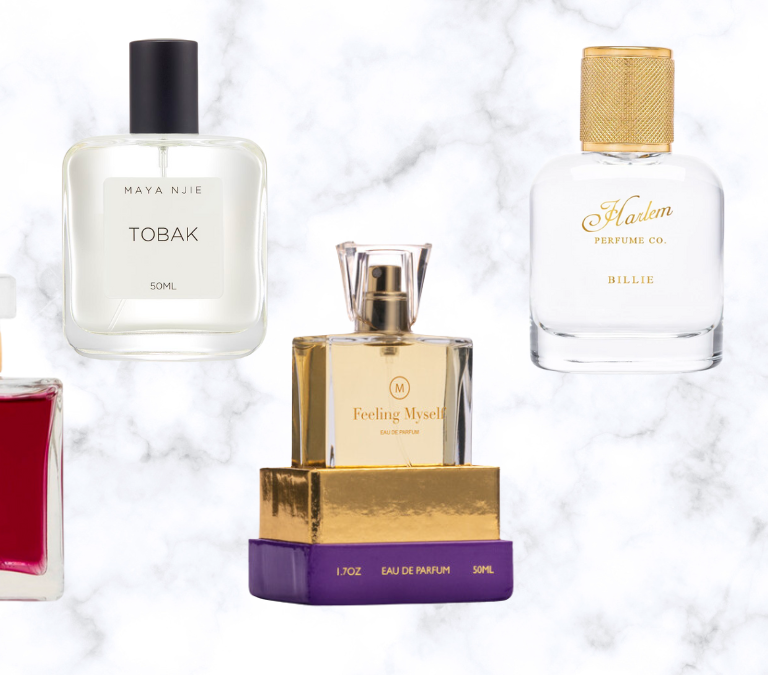
Black women have always been trendsetters in the beauty space. However society doesn’t celebrate their long contributions as founders and innovators in this arena nearly enough. As the nation prepares to acknowledge Juneteenth, we thought it was the perfect time to spotlight some women of African descent who have transformed the beauty industry with their creativity and ingenuity.
Juneteenth, after all, is now a federal holiday in the United States and commemorates the emancipation of enslaved African Americans. Deriving its name from the combination of June and nineteenth, it is celebrated on the anniversary of an order proclaiming “freedom” for enslaved people issued on June 19, 1865.
Kudos to these brilliant minds who definitely embody the mantra, “beauty is more than skin deep!”
Enslaved African Women Who Brought Their Braiding Traditions from the Continent Across the Atlantic Ocean
The Transatlantic Slave Trade remains one of the most horrific practices in history. The torture of families brutally separated, beaten, then bought and sold like cattle for 400 years is almost unthinkable. During the Middle Passage, rice or seeds were hidden in the hair of African women from West Africa to the United States.
Later, braids—and specifically cornrows—were often used as secret maps used to escape slavery. This extraordinary resourcefulness is a large part of the foundation for some of the most requested hairstyles for summer 2023: knotless braids, feed cornrows, straight-backs, and boho braid looks.
Annie Turnbo Malone
Annie Turnbo Malone was born in 1869, in Metropolis, Illinois, to formerly enslaved parents and later became an orphan. Despite her humble beginnings, Malone tapped into an early passion for styling her sister’s hair to create a beauty empire. She developed a line of products advertised to improve scalp health and promote hair growth. One of these products included her famous “Hair Grower.”
In 1902, Malone moved to Missouri and founded Poro College Company, a cosmetics school. Poro agents were trained to sell her custom products and use the “Poro system” of scalp cleaning and hair nourishing. She is also credited with developing and patenting the revolutionary pressing comb which is still used today. Malone is reported as being one of the wealthiest Black women of her time during Poro’s height.
Madam C.J. Walker
Born Sarah Breedlove in 1867, Madam C.J. Walker was also born to formerly enslaved parents and orphaned at an early age. She spent her formative years in Louisiana and Mississippi before migrating to St. Louis and working as a Poro agent for the before mentioned Malone. After moving to Denver to sell Poro products, Walker began experimenting to develop her own haircare line.
Two of her most popular products were a pressing oil and hair growth treatment. In 1908, Walker relocated to Pittsburgh and opened a factory and hair school called Lelia College. At Lelia, she taught women to become “hair culturists.” Walker eventually became America’s first-recognized, self-made female millionaire and remains a household name for her legendary business savvy.
Naomi Ruth Sims
Successful dark skin models were unheard of in the U.S. before the 1960s. Top modeling agencies were hesitant to sign any models of color, much less a Black woman with a deep chocolate brown complexion. Yet Naomi Ruth Sims not only defeated those odds but rose to supermodel status. Born in Oxford, Mississippi in 1948, Sims was awarded a coveted scholarship to the Fashion Institute of Technology which afforded her opportunities to meet movers and shakers in the beauty and style industries.
After repeatedly being denied a spot at New York City’s top agencies because she was deemed “too dark,” Sims’ tenacity and striking beauty landed her on the cover of a fashion supplement for The New York Times in 1967. She later graced the cover of Ladies Home Journal in 1968 and then the cover of Life in 1969. Naomi Ruth Sims is now widely credited with being one of the first African American supermodels.
Eunice Johnson
Born in 1916 in Selma, Alabama, Eunice Johnson was married to John H. Johnson, the founder of Johnson Publishing Co. and home to Ebony and Jet magazines. Mrs. Eunice is credited with giving Ebony it’s name and working alongside her husband to make Ebony and Jet staples in Black American households. After helping a friend organize a charity fashion show, Johnson’s brainchild, Ebony Fashion Fair, was born. At its peak, the traveling fashion showcase made 190 stops in the United States, Canada and the Caribbean.
During this time, Johnson noticed the lack of makeup options for her models of darker complexions. This prompted her to launch Fashion Fair Cosmetics in 1973. The line filled a much needed void in the market and soon acquired a cult following. Fashion Fair was the first international prestige cosmetics brand for darker skin tones to be sold in major retailers like Neiman Marcus.
Lisa Price
Born and raised in Brooklyn, NY in 1962, Lisa Price developed the Carol’s Daughter brand in her then cramped kitchen. While working in television production, Price began mixing fragrances, hair elixirs, and body creams as a creative outlet. In 1993, Price, with an encouraging nudge from her mother Carol, began to sell her products.
With just $100 she began selling her homemade concoctions at flea markets, and later out of her living room. Word spread for early iterations of Almond Cookie, Hair Milk, and Black Vanilla Hair Smoothie—all of which retain their cult status today—and trendsetters like Jada Pinkett Smith and Oprah Winfrey were soon fans. Today Carol’s Daughter is part of the L’Oréal family and has helped open doors for dozens of other natural hair, skin, and body care lines for women of color.
Rihanna
Grammy-award winning pop phenomenon Robyn Rihanna Fenty was not content with just being an entertainment sensation. Born in Saint Michael, Barbados in 1988, the megastar launched Fenty Beauty in 2017 so that “women everywhere can be included.” The brand was enthusiastically embraced by fans and praised for its inclusivity in offering 40 different shades of foundation. (It has since expanded to 50.)
The beauty biz has been good to the Bajan singer as she became America’s youngest self-made billionaire in 2022. And guess what? That Rihanna reign just won’t let up! During the 2023 Super Bowl Halftime Show, Rihanna incorporated Fenty Beauty’s Invisimatte Instant Setting & Blotting Powder into her performance to touch up her makeup. The feature reportedly earned the brand $5.6 million within a mere 12 hours.



